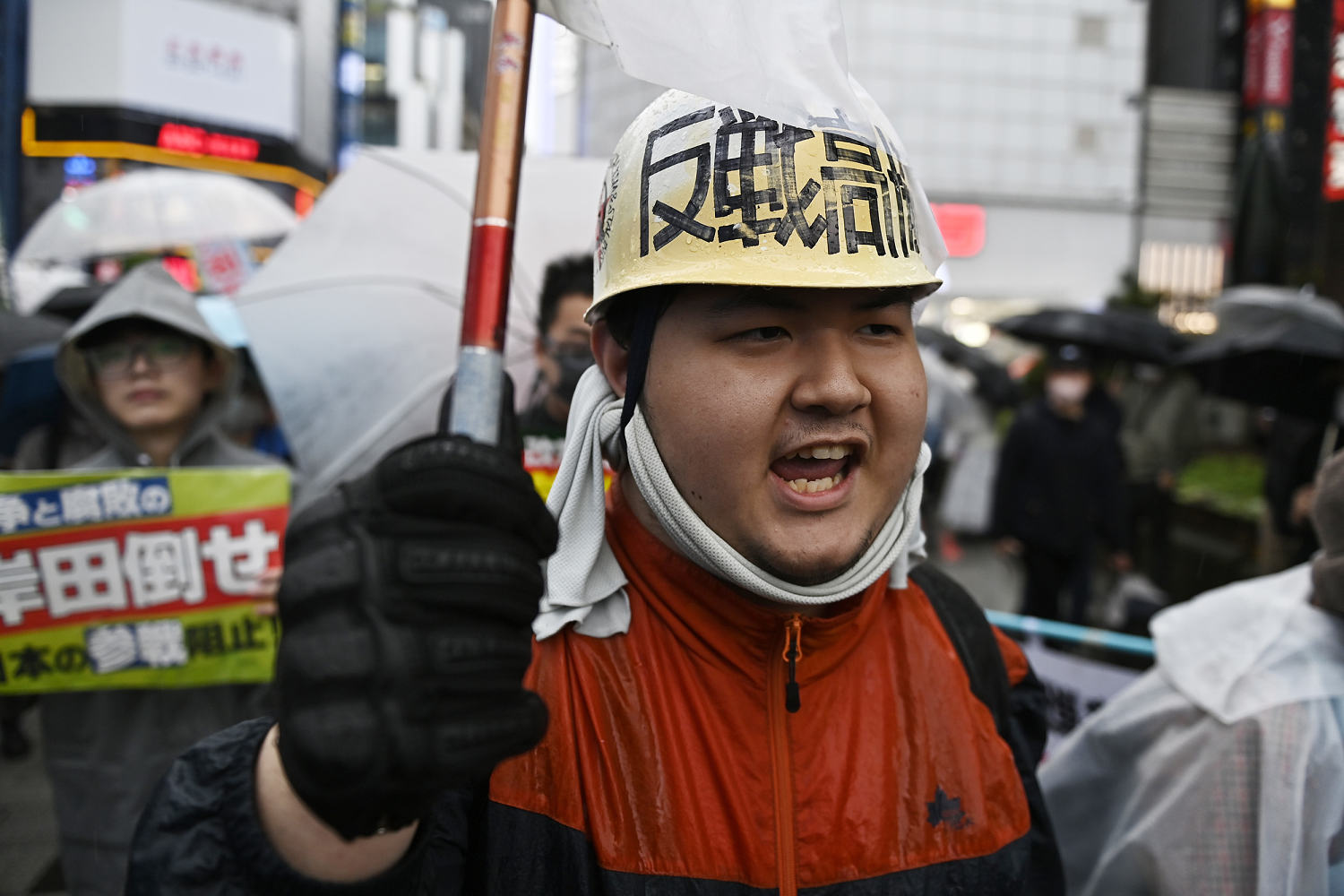Biden calls U.S. ally Japan ‘xenophobic,’ along with China and Russia


HONG KONG — President Joe Biden said Wednesday that U.S. ally Japan was struggling economically because of xenophobia, along with other countries, including China and Russia.
Speaking at a campaign fundraiser in Washington that marked the start of Asian American, Native Hawaiian and Pacific Islander Heritage Month, Biden said the U.S. economy was growing in part “because we welcome immigrants.”
“Think about it,” he said. “Why is China stalling so bad economically? Why is Japan having trouble? Why is Russia?”
“Because they’re xenophobic,” he said. “They don’t want immigrants.”
Japan is a longtime U.S. ally in the Asia-Pacific, and Biden has been strengthening security ties with Tokyo to counter China in the region, having hosted Prime Minister Fumio Kishida for a summit and state dinner in Washington last month.
There was no immediate reaction Thursday from Japan, which is largely on holiday this week.
Like many other countries in Asia, Japan is grappling with demographic issues, including an aging and declining population.
The country of 125 million people has been trying to attract more foreign workers but is hampered by restrictive immigration laws that make it difficult to gain permanent residency.
In March, the Japanese Cabinet approved legislation that would more than double the cap on foreign skilled workers to more than 800,000 and replace an internship program with a training system for unskilled foreign workers that could provide for medium- to long-term residency, local media reported.
Public attitudes around the issue also appear to be changing.
A nationwide survey this year by the Asahi Shimbun newspaper found that 62% of respondents were in favor of accepting more foreign workers, up from 44% in 2018.
Japan ranked 35th out of 56 countries in the 2020 Migrant Integration Policy Index, which categorized the country’s approach as “immigration without integration.” Researchers said foreign nationals in Japan were denied equal opportunities and several basic rights, especially protection from discrimination, putting it far behind other developed countries.
“Japan’s current policies encourage the public to see immigrants as subordinates and not their neighbors,” the report said.
Japan has also been struggling with a weak yen, which is at a 34-year low against the dollar, making it less attractive as it competes for foreign workers with places such as South Korea and Taiwan.
To maintain economic growth, the country will need 6.74 million foreign workers by 2040, the Japan International Cooperation Agency said in a 2022 report, up from 2.05 million in the country as of October. About a quarter of Japan’s foreign workers come from Vietnam, followed by China at 19% and the Philippines at 11%, the labor ministry said in January.
The country is already experiencing serious labor shortages in agriculture, construction, manufacturing and other sectors, a problem worsened by border closures during the Covid-19 pandemic. Officials are also trying to address the shortages by encouraging greater workforce participation by women, as well as later retirement.
Japan, which was once the second-largest economy in the world, said in March that its economy grew at an annual rate of 0.4% in the last quarter of 2023, up from an initial estimate of a 0.4% contraction, which would have put it in a technical recession.
It is now the world’s fourth-largest economy after it fell behind Germany early this year.







